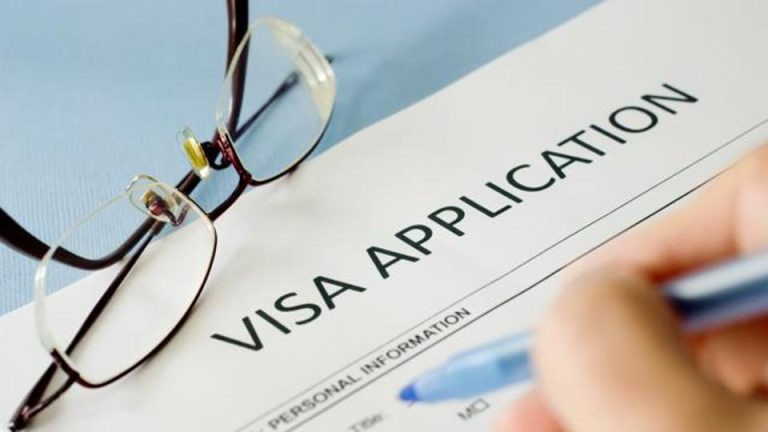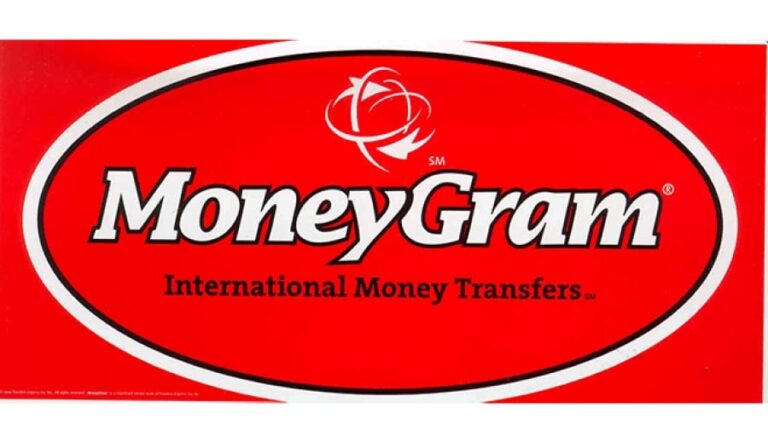Bankruptcy Fraud: How To Identifying And Wich Are Common Fraud Schemes
Health Care and Welfare Fraud
Health care and welfare fraud is prevalent throughout the country. In the last few years, there has been an increasing number of bankruptcy cases with these problems. The perpetrators usually file Chapter 11 cases to allow their activities to continue and to stall investigations of their actions. The thrust of many of these schemes is obtaining funds through the promise of lower cost, greater coverage or some other inducement to convince either individuals or companies to switch coverage to the new company.
Examples of Health Care and Welfare Fraud
Bogus Health Care Plans: The perpetrator establishes a bogus or grossly under-capitalized insurance plan to provide health care to individuals or companies at very favorable rates with no intent to provide services or pay claims. Chapter 11 allows the perpetrator to continue to collect premiums from the victims by paying on a few small claims and stalling on the payment of larger claims.
Theft of Employee Contributions for Health Insurance: The employer deducts the employee’s share of insurance premium and does not remit the funds to the insurance company. These situations typically occur in bleedout cases.
Sham Facilities: These schemes include nursing homes, shelters, drug rehabilitation programs and other health-related homes set up to secure federal and state funding. They provide few if any services to the clients and convert the funds received for their own use. In some instances, the government funding programs require the services to be rendered at no cost to clients. In those situations, the perpetrators require clients to sign over their food stamps and welfare checks to them in order to remain at the shelter.
Red Flags/Common Characteristics
· Numerous complaints of poor or non-existent services
· Adverse publicity by media about operations
· Investigations by state/federal regulators concerning operations, etc
· Lack of normal books and records
· Unlicensed shelters, rehabilitation facilities, half-way houses, etc
· Deductions from employee paychecks for health care coverage but funds not remitted to the insurance company
· Red flags from bustout schemes
Civil Responses To Consider
· Appoint a Chapter 11 trustee or examiner
· Convert to Chapter 7 case rather than dismissing the case
· Alter ego and constructive trust action against principals
· Assist social welfare agencies in the relocation of residents or patients of the sham facilities
· Co-ordinate and facilitate communications with the victims of the crime
· Notify appropriate law enforcement agencies
Criminal Responses To Consider
Bankruptcy Fraud, 18 U.S.C. Section 152: Concealment of assets, false statements, or transfer of assets.
Bankruptcy Fraud, 18 U.S.C. Section 157: A fraud scheme which uses bankruptcy to execute or conceal the scheme. This section may be charged if one act of the fraud occurred after October 22, 1994.
Mail Fraud, 18 U.S.C. Section 1341: Misrepresentations to victims made by the use of U.S. mail.
Wire Fraud, 18 U.S.C. Section 1343: Misrepresentations to victims and the use of interstate wires.
Money Laundering, 18 U.S.C. Sections 1956 and 1957: If there is a transfer of funds from the health care provider’s account into the insider’s account which is then used to purchase other assets available to the insider.
Tax Fraud, 26 U.S.C. Sections 7202, 7203, 7206 and 7212: A failure to pay taxes on assets removed, failure to file returns, or the filing of a false return in an effort to conceal the scheme.
Next: Rent/Equity Skimming






